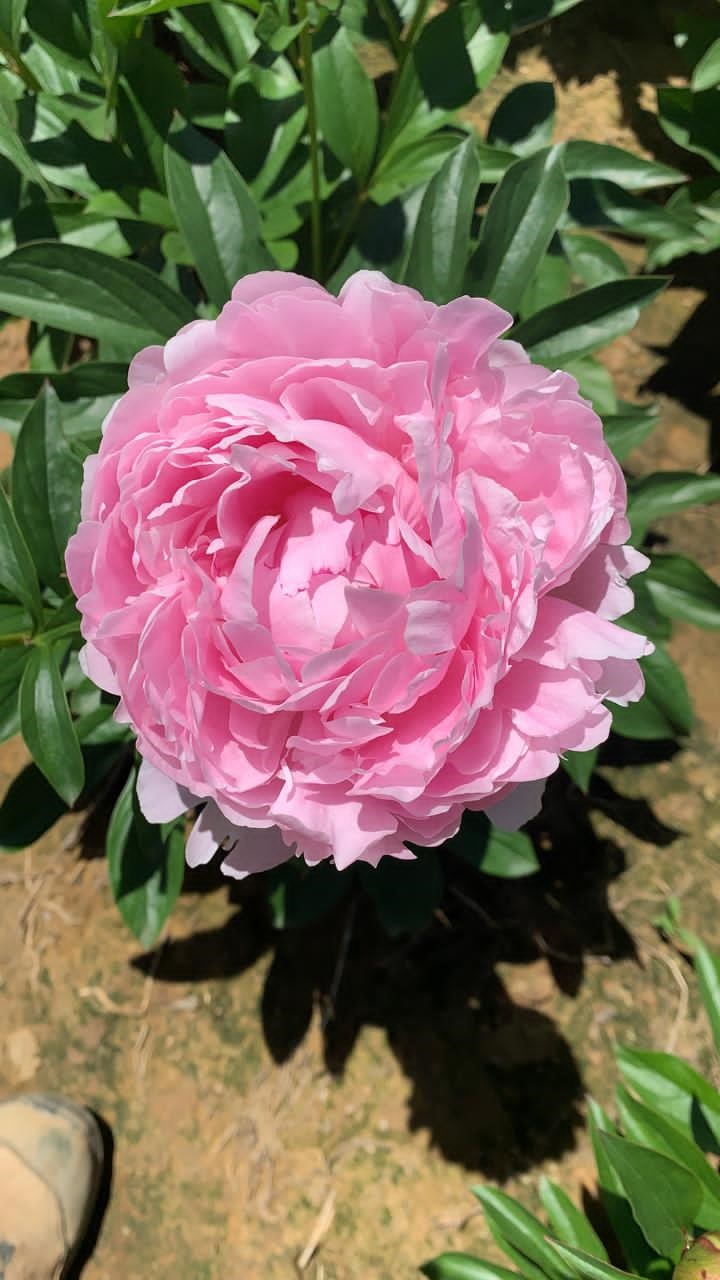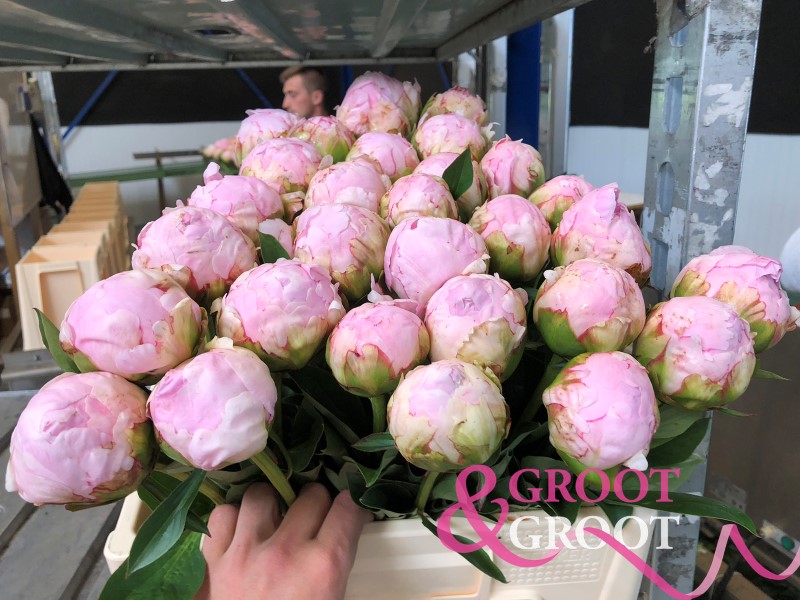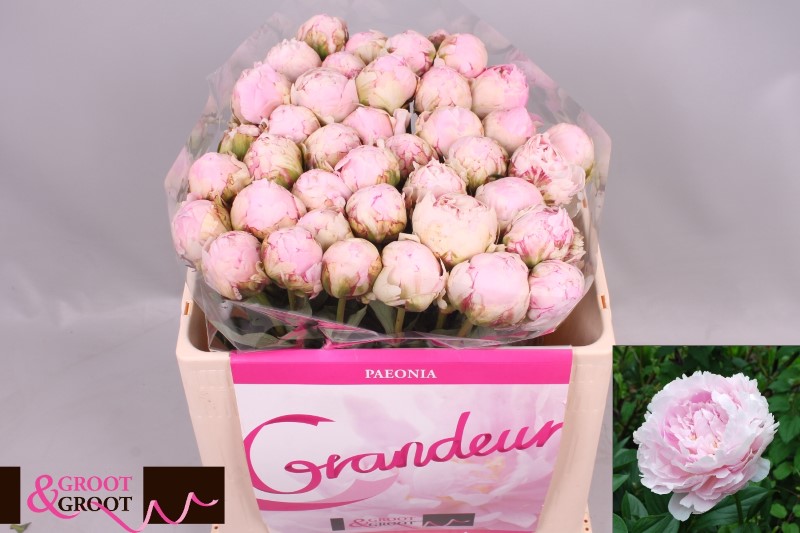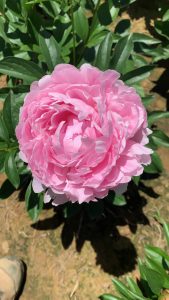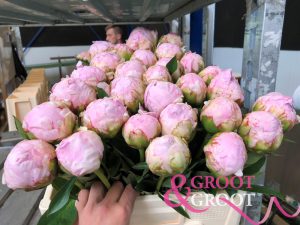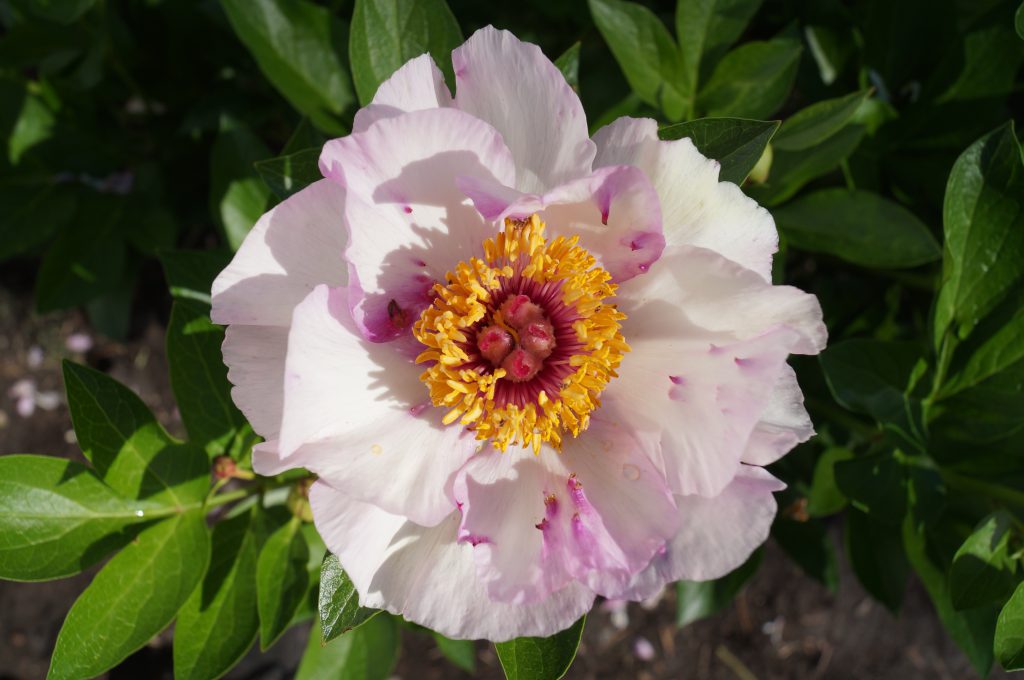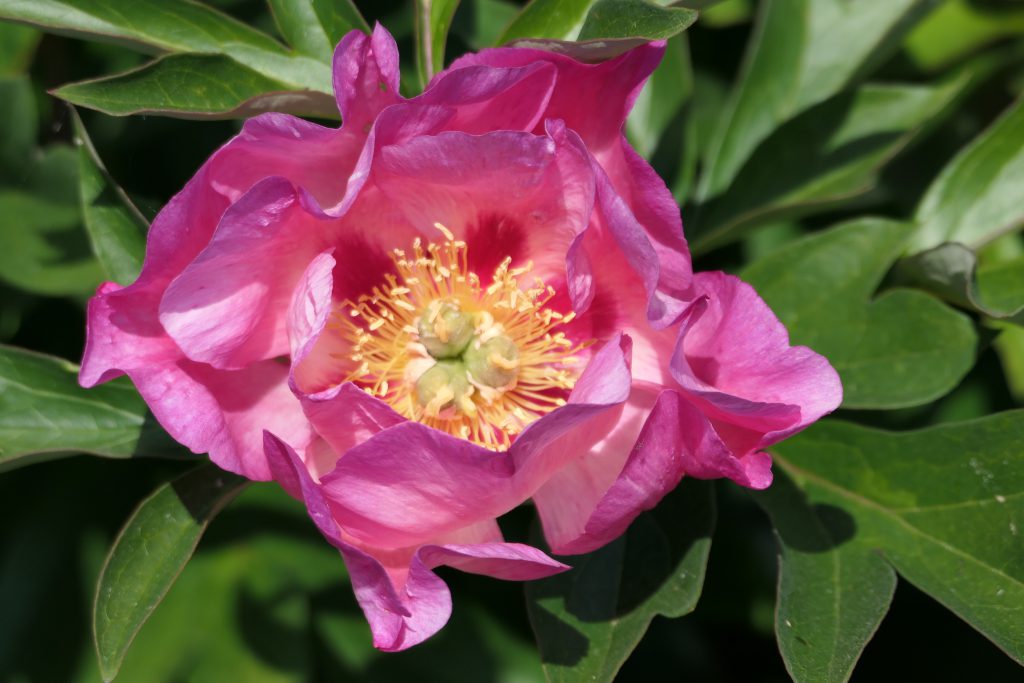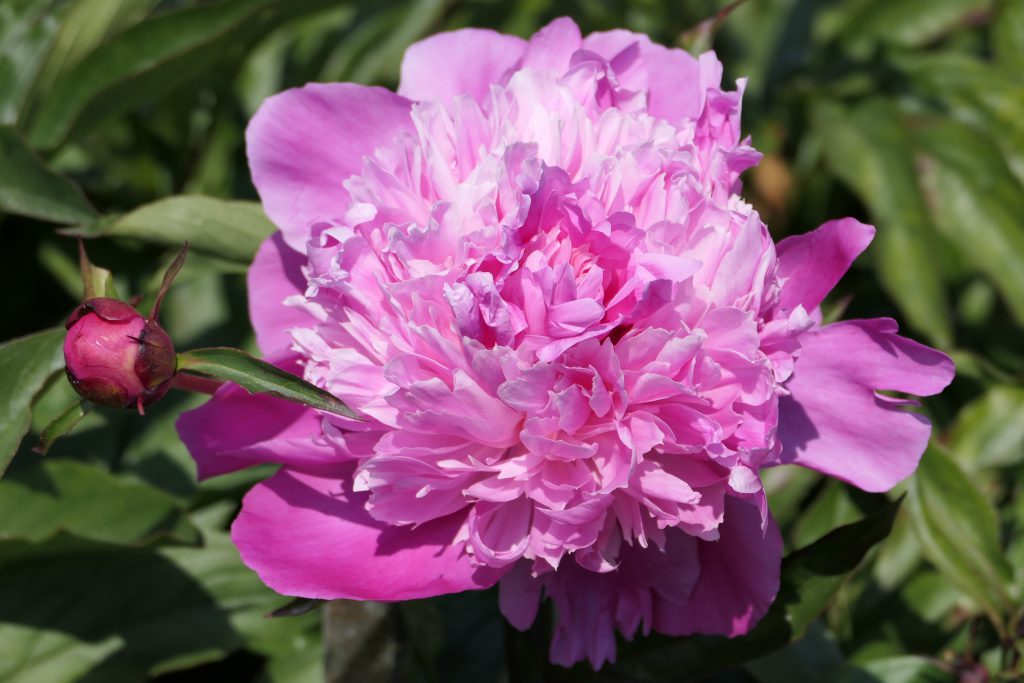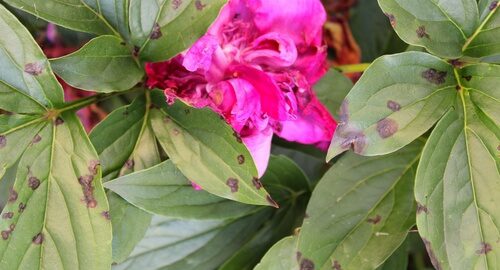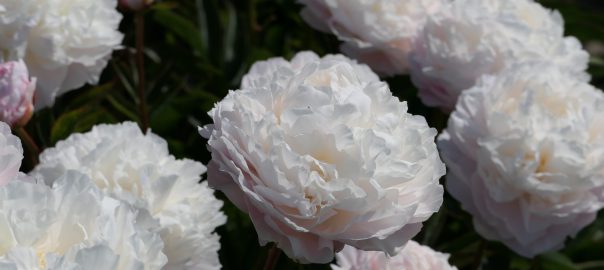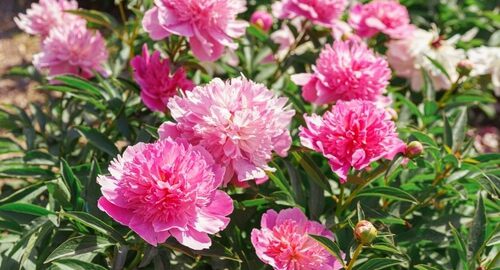Roots assortment
Pillow Talk
- Colour:Pink
- Peony type:Lactiflora
- Flower shape:Double
- Blooming period:Late
- Productivity:High
- Length:Normal
- Side buds:Yes
- Category:standard
- Introduction year:1973
Do you need
personal assistance?
Koen is happy to help!
personal assistance?
Koen is happy to help!
- Koen Groot, Sales & Export
- e.koen@grootgroot.nl
- t.0228-208051
Download our brochures
Please leave your contact information so we can send you our brochure.
Download brochure
What makes us unique
Groot & Groot Peonies is a Dutch family business, peonies are our passion. We grow, process and directly sell peony flowers and roots of the highest quality. The vast majority of our peonies are grown on our own farms in The Netherlands, Italy, France and South-Africa. That way we can deliver you the best fresh peonies directly from our production fields in relatively large quantities.
